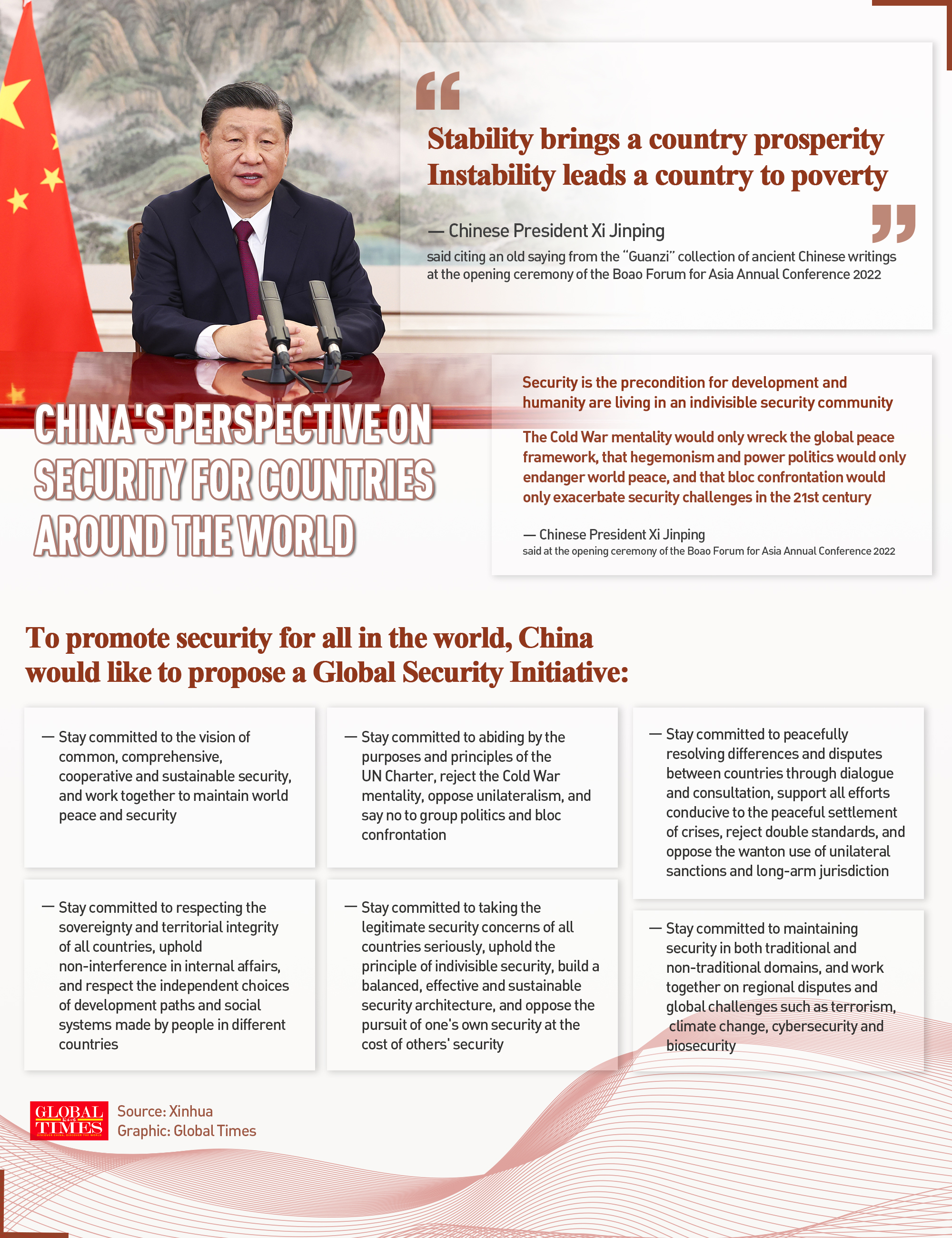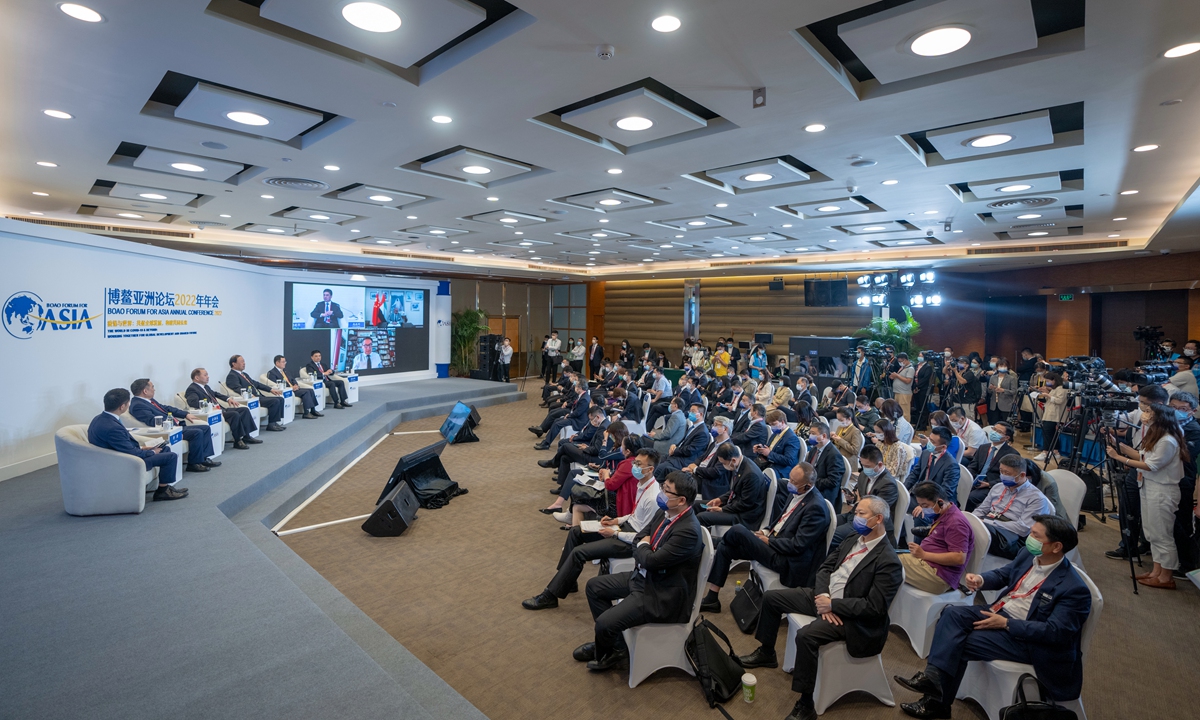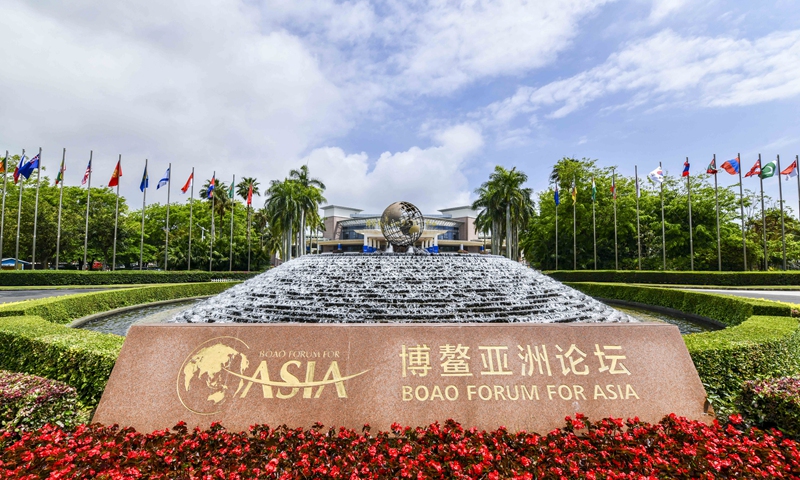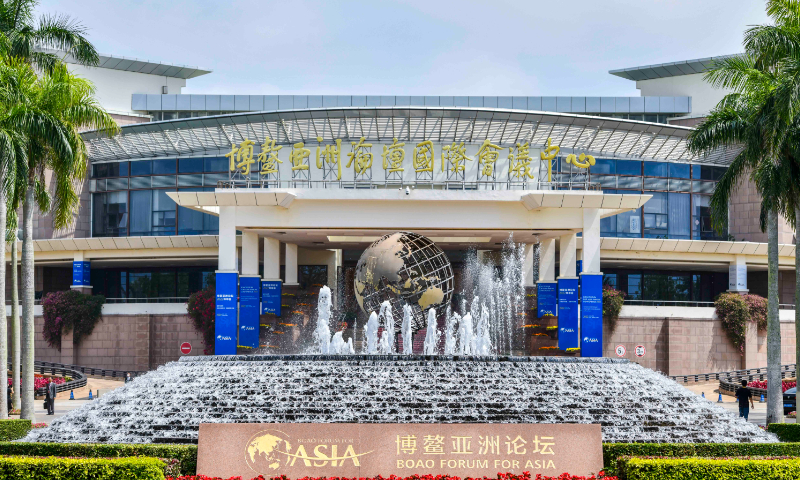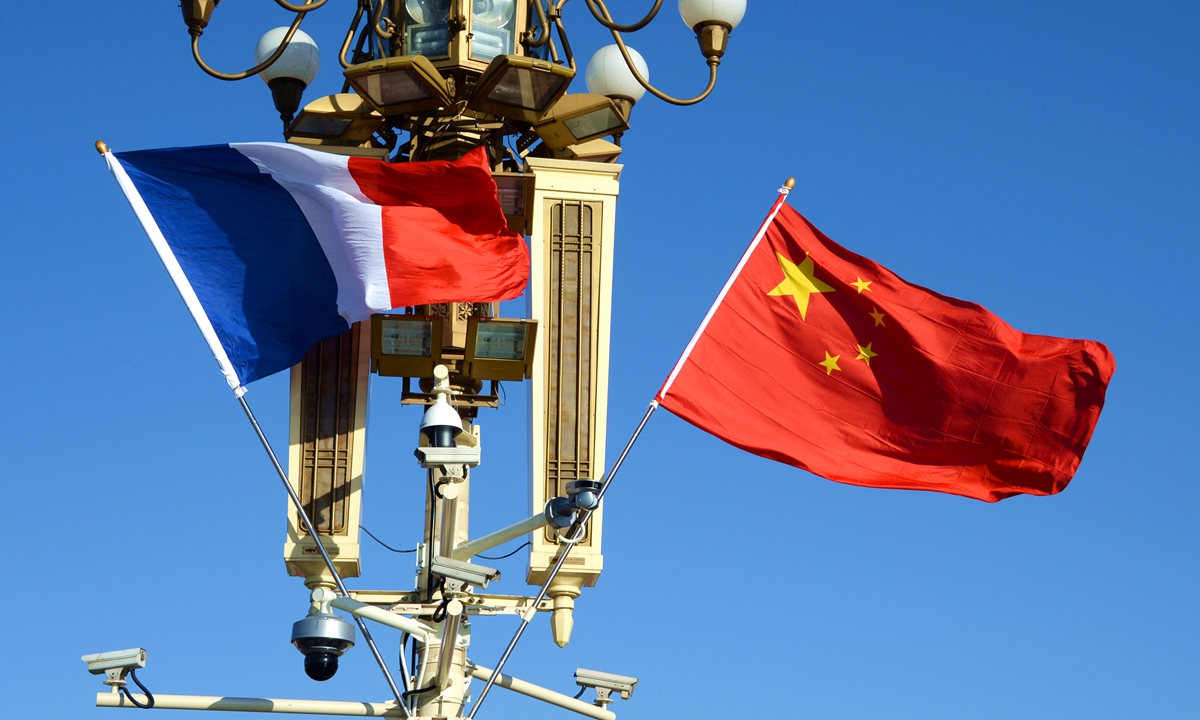Consumers can download them to look for low prices and comparisons Cooking oil prices are up as of today, so are those of chicken and eggs and it’s going to be a tough few months for consumers. However, economists expect the hard times to ease by the end of the year. Until then, a special task force, which met for the first time yesterday, will try to keep the pain bearable. What to expect from today: End of vehicle sales tax exemptions Subsidy removed for 1kg, 2kg, 3kg and 5kg bottled cooking oil Subsidy retained for cooking oil in 1kg packets Increase in pet food prices New ceiling price of standard chicken at RM9.40 per kg Retail price of eggs: Grade A: 45sen Grade B: 43sen Grade C: 41sen Those with driving licences expired on or before Jan 13, 2021, need to retake driving tests No change in water and electricity tariffs for domestic users in Peninsular Malaysia
Large-scale enforcement against illegal immigrants to start
As Malaysians brace for price increases in essential food items such as chicken, eggs and cooking oil, local price checker apps may be handy to help find the lowest prices available.
The Domestic Trade and Consumer Affairs Ministry is encouraging consumers to download its Price Catcher application, which allows users to view the prices of specific items from various locations and make comparisons. For example, consumers can check the price for 1kg of chicken thighs and see how they are priced at different locations, such as grocery stores, supermarkets and more. The prices will be displayed from the lowest to highest. Consumers will get information based on their own location data. The app also allows users to view prices of goods from various ecommerce stores, though the choices are limited to only three platforms. According to the ministry in a Facebook post on June 27, the information on the app is updated daily by its price monitoring officers based on checks at various locations.Price Catcher is free to download from the Google Play Store and Apple App Store.
Price Catcher - Apps on Google Play / Price Catcher on the App Store
Another price checker app that consumers can consider is Hargapedia.
Hargapedia - Compare Price, Check Deals, Get free vouchers
They can check for the prices of items based on specific brands – from online platforms such as Shopee to supermarkets like Jaya Grocer, Giant and Lotus. The app will display dates to provide validity of the pricing. The information will also be filtered according to data provided by users such as location, age and income level. The app can also direct consumers to the online platform so that purchases can be made from the site or outlet. However, the app does not indicate if an item has sold out. Hence, consumers will only find out once they have been directed to the shopping site. Full price listings are also only available to users who register on the app.Hargapedia can be downloaded from the Google Play Store, Apple App Store and Huawei
- The Star Malaysia
DOMESTIC LIVESTOCK AND POULTRY PRICES
Hike in chicken ceiling price brings relief to many
“The consumption of chicken and eggs is expected to be resilient despite global inflationary headwinds as they are one of the cheapest sources of protein.” Tan Kam Meng
Source: TA Research and Department of Veterinary Services
The spike in the average price of meat such as duck, beef and pork in Malaysia, other than chicken, where the price has been kept low via a ceiling price, has led to an even higher demand for chicken, says TA Research.
The higher ceiling price for broiler chickens and eggs may only provide “slight relief” to Malaysian poultry players, who have been battling margin compression for the past several months.
TA Research analyst Tan Kam Meng described the recently-announced hike in ceiling price for chickens as only “marginal”. He also said that the increase in ceiling price for chicken from farm is unlikely to completely compensate for the cost borne by the breeders, especially smaller players. “We believe the leeway for increase in average selling price (ASP) will slightly improve the earnings for both Leong Hup International Bhd and QL Resources Bhd as the input cost seems to have moderated recently. “We reiterate ‘buy’ on Leong Hup and QL with respective target prices of 89 sen per share and RM6 per share,” stated Tan in a note issued yesterday. Effective today, chicken will cost RM9.40 a kg, up by 50 sen, based on the new ceiling price set by the Cabinet. The Cabinet decided not to float the price of chicken, a move that has brought relief to many quarters, especially consumers who are facing the brunt of inflation. The Cabinet also set the new ceiling price of chicken eggs at 45 sen per egg for Grade A, 43 sen for Grade B and 31 sen for Grade C, all up by two sen each, in Peninsular Malaysia. The new prices will be in effect until Aug 31. Tan also said the higher ceiling price came as a compromise, taking into account the inflationary pressure faced by consumers and the increase in feed cost for the suppliers. He noted that prices have been surging across the board for livestock, mainly due to increased feed price and demand recovery from the reopening of the economy. The average prices of live ducks, cows and pigs in Malaysia have increased 8% to 32% compared to last year. The spike in average prices of livestock other than chicken, where the price has been kept low via ceiling price, led to even higher demand for chickens, according to him. “We remain optimistic on Leong Hup and QL as the increase in poultry’s ASP would provide a boost to profitability of their poultry segment. “Furthermore, both poultry players are well positioned to capture market share of smaller farmers who left the business. “The consumption of chicken and eggs is expected to be resilient despite global inflationary headwinds as they are one of the cheapest sources of protein,” he added. In a separate note, MIDF Research said that new ceiling price would help to limit potentially larger adjustment that would add to the overall food inflation. It also pointed out that the new ceiling price for chicken at RM9.40 per kg for Peninsular Malaysia is only an increase of 5.6% from the previous ceiling. “So, this is smaller than the expected increase to around RM10 to RM12 per kg if chicken prices were to be floated. “Meanwhile, the approval given to the Farmers’ Organisation Authority to bring more than 4,500 tonnes of chicken from Thailand is expected to stabilise chicken supply in the domestic market. “We expect these measures will limit upward pressure on chicken price for now,” the research house said. Going forward, MIDF Research foresees the government to continue exploring more initiatives to ease the upward pressures on food prices in the longer run.-StarBiz By GANESHWARAN KANA ganeshwaran@thestar.com.my
Related:
Poultry players' earnings to improve slightly














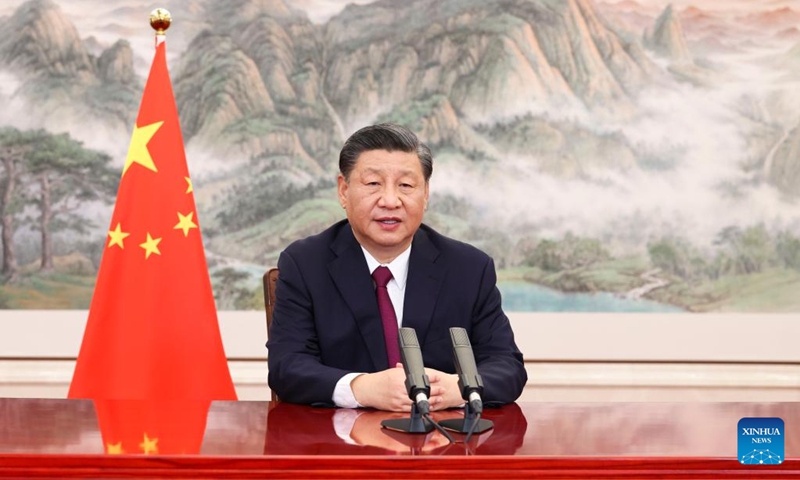 Chinese President Xi Jinping delivers a keynote speech via video at the opening ceremony of the Boao Forum for Asia Annual Conference 2022, on April 21, 2022.(Photo: Xinhua)
Chinese President Xi Jinping delivers a keynote speech via video at the opening ceremony of the Boao Forum for Asia Annual Conference 2022, on April 21, 2022.(Photo: Xinhua)